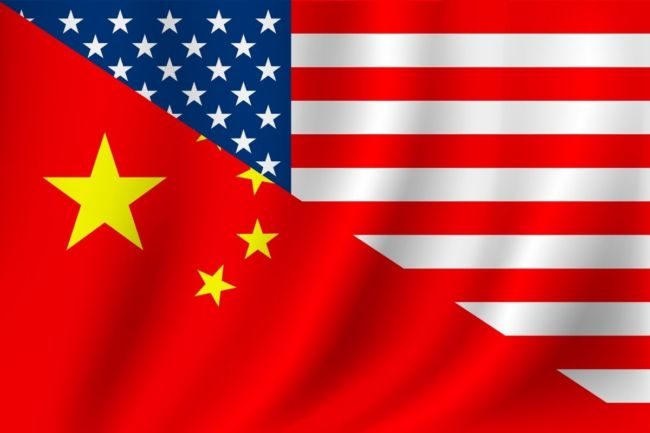DES MOINES, IOWA, US — Chinese agricultural companies and US commodities exporters strengthened ties with the signing of 11 purchasing agreements/contracts worth billions of dollars at the China-US Sustainable Agricultural Trade Forum on Oct. 24.
The forum and contract signing ceremony were co-organized by US Soybean Export Council (USSEC), China Chamber of Commerce for Import & Export of Foodstuffs, Native Produce & Animal By-products (CFNA), Iowa Soybean Association, and US Grains Council (USGC) on the eve of the World Food Prize Foundation’s 2023 Borlaug Dialogue in Des Moines, Iowa, US.
“People are the foundation of a nation, and food is a paramount importance,” said Chinese Ambassador Zie Feng. “The China-US agricultural cooperation is a rich land with bright prospects. China is the world’s largest importer of US agriculture exports. The contracts signed today are multiple billions in value. Let us sow more seeds of cooperation on the fields of hope.”
Among the companies that signed 11 purchasing contracts/agreements were ADM with Bohi Industry, ADM with China Agri, ADM with Fuzhiyuan Feed Protein (Wilmar International), Bunge with Sinograin Oil, Cargill with Sinograin Oil, CHS with Bohi Enterprises, CHS with Sinograin Oil, COFCO International with China Agri, COFCO Agri with Zen-Noh Grain, Shenzhen Gem with Hangtung Resources, and Zen-Noh Grain with Bohi Industry.
“These contracts illustrate the gains from trade: food is moving from surplus regions to deficit; the confidence behind these contracts allows US producers to invest where we have agriculture advantages; and this relationship will help foster innovation needed to sustainably intensify production to deliver nutrition and food security sustainably,” said Jason Hafemeister, acting deputy undersecretary, USDA Trade and Foreign Agricultural Affairs.
China has the world’s second-largest economy, and with 1.4 billion people the Asian nation is the world’s top soy consumer of soy, China is also the biggest importer of US soy, which feeds its aquaculture, animal nutrition, egg, edible oil, pork, soy- and plant-based food sectors. Soybeans are the United States’ largest food and agricultural export to China.
On Oct. 22, Xie and the Chinese industry delegation visited the Kimberly farm in Maxwell, Iowa, US, and viewed US soy’s sustainable and precision agriculture practices first-hand. In 2012, the Kimberly family hosted then-Vice President Xi Jinping, who currently is president of China.
“The collaboration between China and US soy continues to deliver food and nutrition security, and economic growth for consumers, companies and producers in China and the US,” said Jim Sutter, chief executive officer of the USSEC and chair of the US Agricultural Export Development Council. “Sustainable agriculture production and trade are impact multipliers. China has been masterful at leveraging trade to achieve local food security and economic growth. We strive to maintain this stable and mutually beneficial collaboration cooperation between China and US soy as the ballast for successful bilateral economic and trade relations.”
The Sustainable Agriculture Trade Forum also was attended by Ambassador Terry Branstad, president, World Food Prize Foundation; Ambassador Kenneth Quinn, president emeritus, World Food Prize Foundation; Governor Bob Holden, chairman and president, US Heartland China Association; Stan Born, chairman of USSEC; Dawn Scheier, board secretary of USSEC; Xiaoping Zhang, regional director of USSEC Greater China; April Hemmes, United Soybean Board director; Kirk Leeds, CEO, Iowa Soybean Association; Grant Kimberly, senior director of market development, Iowa Soybean Association; Chen Ying, director of Cereals & Oils Dept., CFNA; Cary B. Sifferath, vice president, USGC; Dr. Chad Hart, ag economist from Iowa State University; and other dignitaries from both countries.





